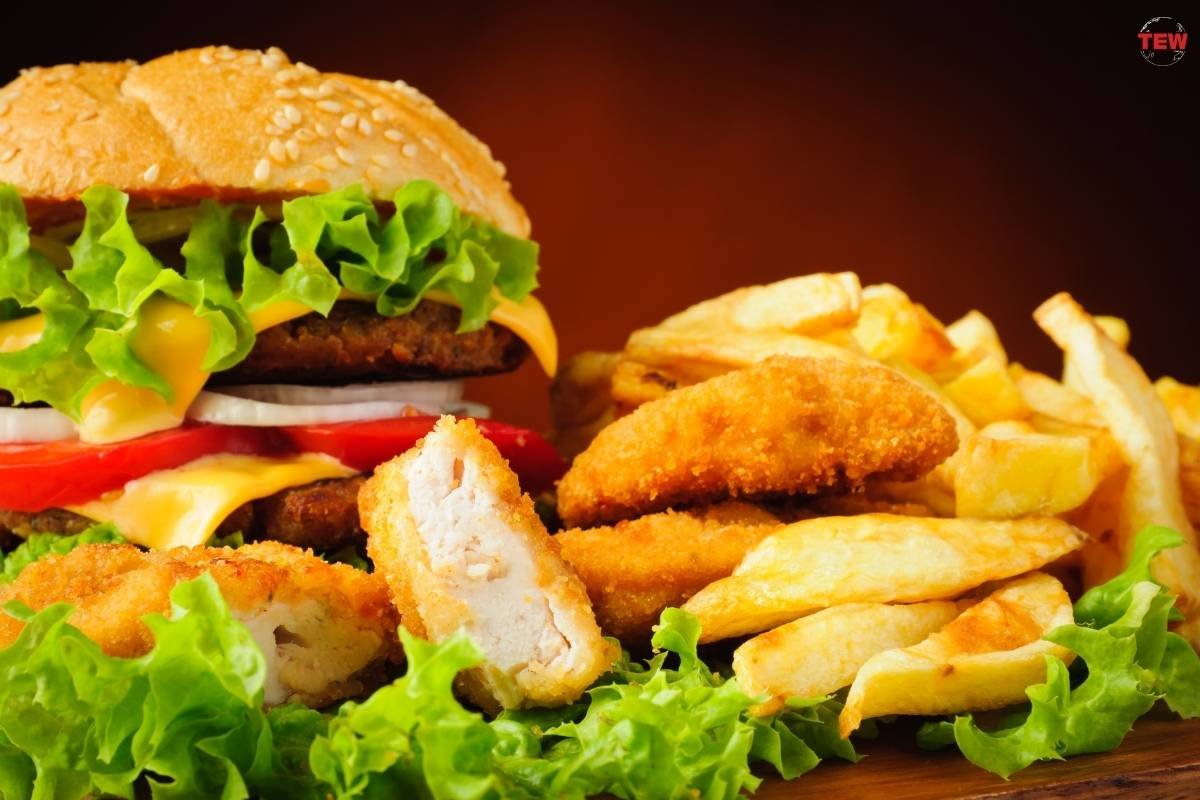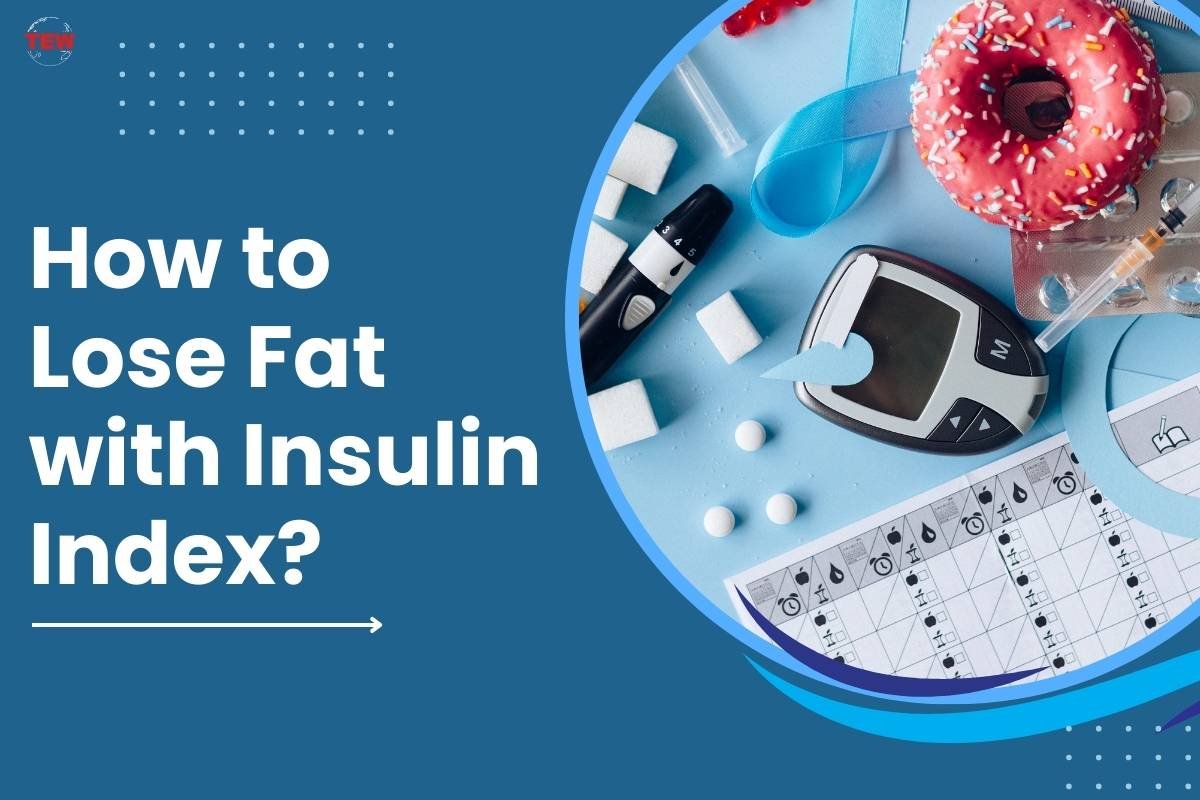I like to bet at bookies that don’t limit and spend a lot of time sitting in front of my PC. But I am also concerned about my health and particularly my weight. Let me share with you how I maintain control over my weight through dietary choices.
When it comes to weight management and achieving fat loss goals, most people are familiar with counting calories or monitoring their carbohydrate intake. However, there’s another crucial factor that plays a significant role in how our bodies store and burn fat: the insulin index. Read this article to the end to understand how managing the insulin index can be a game-changer in your quest to burn fat.
What Is the Insulin Index?
First, let’s grasp the fundamentals. The insulin index is a lesser-known but equally vital counterpart to the glycemic index (GI). While the GI measures how quickly carbohydrates in foods raise blood sugar levels, the insulin index focuses on how foods affect insulin secretion, which is a key hormone involved in fat storage and energy use. Excessive insulin secretion can promote fat storage and stop fat burning. In essence, the insulin index ranks foods based on their potential to stimulate insulin release.
The Insulin-Fat Connection
When you consume carbohydrates, especially those with a high glycemic index, they cause a rapid spike in blood sugar levels. In response, the pancreas releases insulin to help cells absorb and utilize glucose.
However, when insulin levels get high, it leads to the following consequences:
- Insulin stores fat in your body
- Insulin messes up signals for feeling full. You overeat and gain weight.
- Lots of insulin stops your body from breaking down stored fat and using it for energy.
Foods and the Insulin Index
Now that we understand the insulin-fat connection, let’s explore how different foods affect the insulin index. Understanding these categories can help you make better dietary choices. It’s important to note that not all carbohydrates are created equal in terms of insulin response. Here’s a breakdown of food categories:
High insulin-inducing foods

This kind of food leads to rapid and substantial spikes in insulin levels. It includes sugary beverages, white bread, breakfast cereal, doughnuts, cakes, candy and sweets, flavoured yoghurts, chips, sugar syrups, fast food, white rice and potatoes.
Moderate insulin-inducing foods
Foods like whole grains, legumes, and some fruits have a moderate impact on insulin secretion. Fibre content can mitigate their insulin response.
Low Insulin-Inducing Foods
Non-starchy vegetables, lean proteins, and healthy fats generally have a minimal effect on insulin levels. Remember that people react differently to foods, so it’s crucial to watch how your body responds to different foods to adjust your diet properly.
Dietetic Products and the Insulin Index
Now let’s explore how dietetic products fit into this equation.
Dietetic products often contain ingredients that don’t raise blood sugar quickly. They have a gentler impact on insulin levels. Some dietetic products frequently use sugar substitutes like stevia or erythritol to maintain sweetness without the insulin-spiking effects of sugar. They also contain fibre, which can help slow down the absorption of carbohydrates and reduce insulin response. Moreover, these products are sold in controlled portions to prevent overeating.
While dietetic products can help control insulin and boost health, it’s important to balance them. Only relying on these products may not give you all the nutrients and variety that whole, unprocessed foods can.
Dairy Products and the Insulin Index

Dairy includes a wide range of items: milk, yoghurt, cheese, and butter, all of which have varying effects on insulin levels. Here are some facts to consider:
- Dairy products often contain both protein and fat, which can slow down the absorption of carbohydrates and reduce the insulin response.
- Lactose is the primary carbohydrate in dairy products. It has a lower glycemic and insulin index compared to some other carbohydrates.
- Yoghurt and kefir, which are fermented dairy products, have a milder impact on insulin levels due to the fermentation process.
Strategies for Managing the Insulin Index
You can use effective strategies to control your appetite and weight. Just follow these simple rules.
- Choose to eat foods with low glycemic and insulin index values. Add non-starchy vegetables, lean proteins, and whole grains into your meals.
- Be mindful of portion sizes, even with healthy foods. Overeating can still lead to an insulin spike.
- Aim for balanced meals that include protein, fibre, and healthy fats. This combination can slow down the absorption of carbohydrates and reduce insulin response.
- Take regular physical exercises because they make your body more efficient at controlling blood sugar levels.
- Some people lose fat by fasting on and off.
- Opt for plain, unsweetened dairy products when possible.
- Be mindful of portion sizes, especially with higher-fat dairy products like cheese.
- Pair dairy with fibre-rich foods like fruits, vegetables, or whole grains to mitigate the insulin response.
Real-Life Success Stories
To illustrate the effectiveness of managing the insulin index in achieving fat loss goals, let me give you two real success stories from my family:
1. Sarah, a 35-year-old office worker, struggled with weight gain despite regular workouts. After adjusting her diet to include more low-insulin-index foods, she lost 20 pounds in three months.
2. Mike, a 42-year-old diabetic, adopted an intermittent fasting regimen. By managing his insulin levels and incorporating low-II foods, he not only improved his blood sugar control but also burnt a lot of fat.
The Role of Genetics

It’s worth noting that genetics can also play a role in an individual’s insulin response. Some people may be more predisposed to insulin resistance. They can not manage insulin levels solely through diet and exercise. In such cases, it’s smart to talk to a dietitian or your doctor. They can give you advice that’s just right for your goals.
Conclusion
It is easy to lose fat and stay healthy when you know how to control the insulin index. Picking the right foods, eating well, and staying active will improve your well-being. However, keep in mind that diets vary from person to person. Before changing your diet talk to your doctor.




